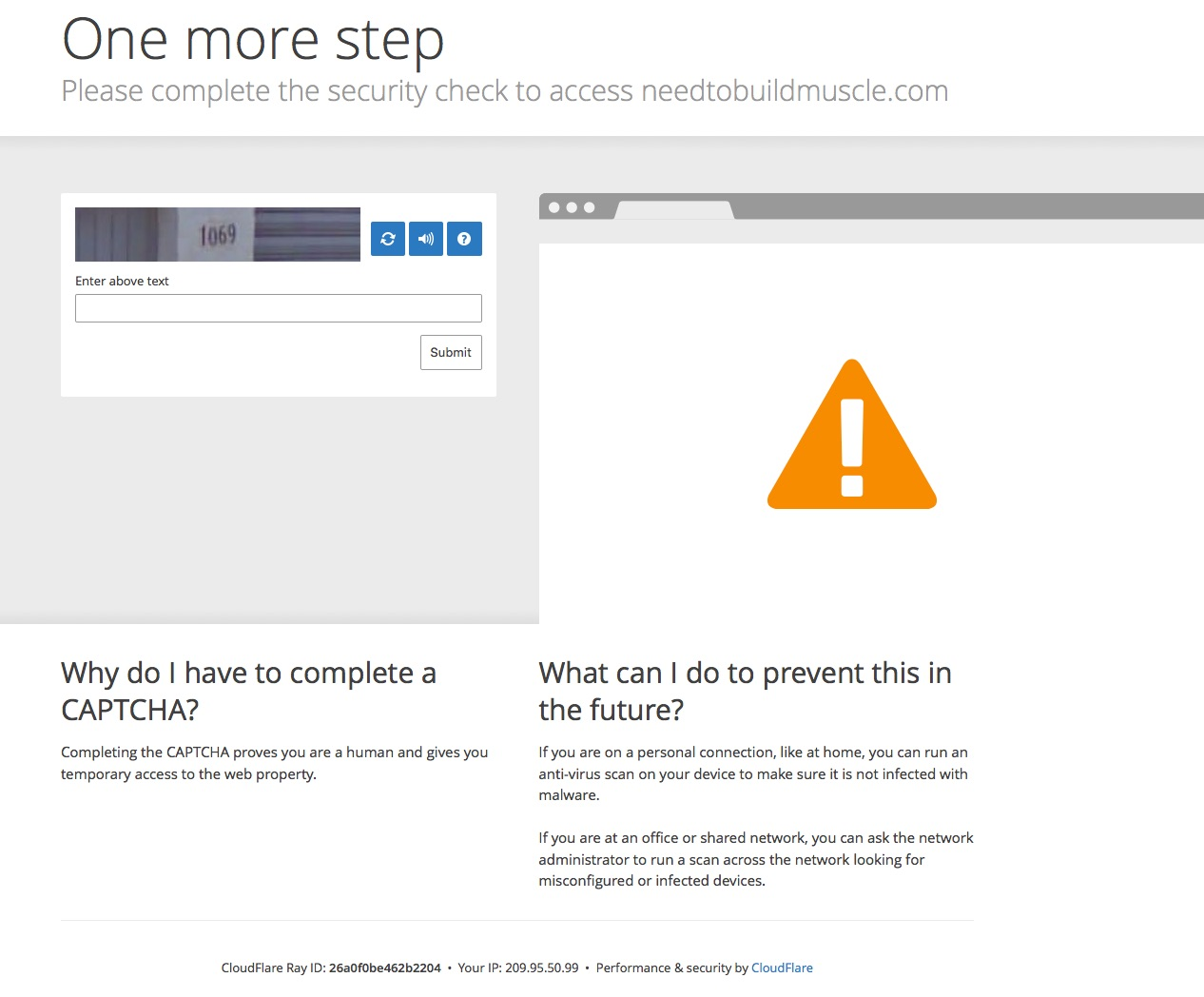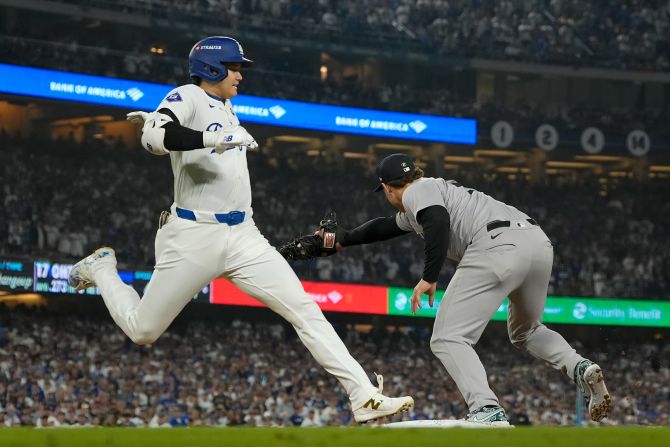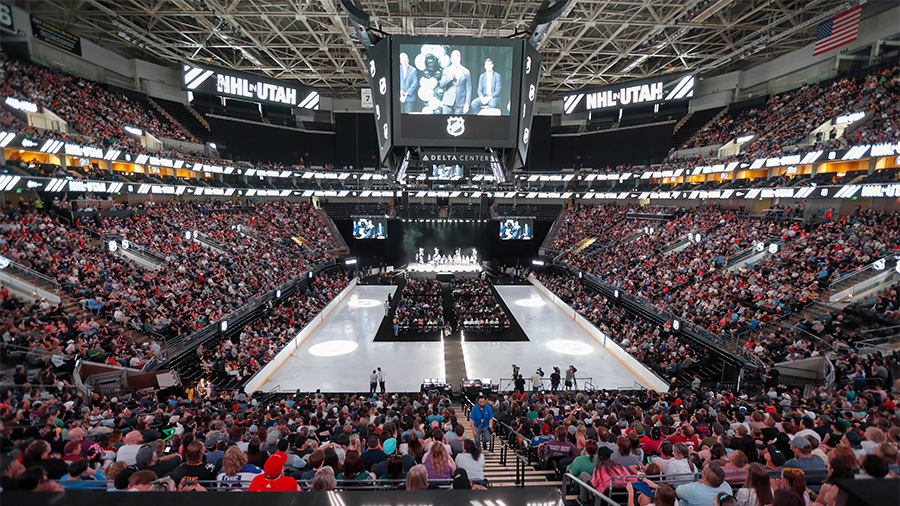LaLiga's Illegal Website Blocking: Cloudflare's Court Challenge

Table of Contents
LaLiga's Fight Against Illegal Streaming
LaLiga, the Spanish professional football league, has been a staunch opponent of online piracy, facing significant losses due to the rampant illegal streaming of its matches. They've implemented a multi-pronged approach to combat copyright infringement and protect their intellectual property rights, including:
- DMCA Takedown Notices: LaLiga actively issues DMCA (Digital Millennium Copyright Act) takedown notices to websites and platforms hosting pirated content, demanding the removal of infringing materials. This involves identifying and reporting illegal streams to hosting providers and search engines.
- Collaboration with ISPs: LaLiga works closely with internet service providers (ISPs) to identify and block access to websites known for distributing pirated LaLiga content. This often involves legal pressure and collaborative agreements to curtail the illegal distribution of their broadcasts.
- Legal Action: LaLiga actively pursues legal action against individuals and organizations involved in the creation, distribution, and facilitation of illegal streaming operations. This includes lawsuits aimed at disrupting piracy networks and recovering financial damages.
- Enhanced DRM Technologies: LaLiga invests heavily in advanced Digital Rights Management (DRM) technologies to protect its broadcasts and make it more difficult for pirates to access and distribute their content. This includes encryption and access control measures designed to limit unauthorized access.
Cloudflare's Role and the Legal Challenge
Cloudflare, a prominent CDN providing services to numerous websites globally, finds itself at the center of this legal battle. LaLiga argues that Cloudflare facilitates copyright infringement by providing infrastructure to websites hosting pirated LaLiga content. Cloudflare, however, vehemently defends its position, claiming:
- Neutral Platform: Cloudflare asserts it's a neutral platform providing essential internet infrastructure services. They argue they shouldn't be held responsible for the content hosted by their clients, emphasizing their role as a technology provider rather than a content creator or distributor.
- Due Process Concerns: Cloudflare contends that blanket website blocking without due process violates principles of free speech and net neutrality. They argue for a more nuanced approach, prioritizing individual takedown requests over broad, potentially overreaching blocking orders.
- DMCA Compliance: Cloudflare highlights its efforts to comply with DMCA takedown notices, actively removing infringing content when legally required. They argue that their existing mechanisms are sufficient to address copyright concerns without resorting to complete website blocking.
The Arguments for and Against Website Blocking
This case underscores the ongoing debate surrounding website blocking as a tool to combat online piracy. The arguments are complex and often conflicting:
Arguments for Blocking:
- Effective Copyright Protection: Proponents argue that website blocking is a necessary measure to protect intellectual property rights and deter online piracy, effectively safeguarding creators' investments.
- Deterrent Effect: The threat of blocking can discourage website operators from hosting pirated content, thereby reducing the availability of illegal streams.
Arguments Against Blocking:
- Censorship Concerns: Opponents argue that website blocking can lead to censorship and the potential for abuse of power, restricting access to legitimate content alongside infringing material.
- Due Process Violations: Concerns exist regarding the lack of due process afforded to website operators before being blocked, potentially harming businesses unfairly.
- Impact on Net Neutrality: The practice of website blocking raises questions about net neutrality, the principle of equal treatment for all internet traffic.
Implications for the Future of Online Content and Copyright
The outcome of the LaLiga vs. Cloudflare case will have significant implications for the future of online content and copyright enforcement. A ruling in favor of LaLiga could:
- Set a Precedent: It could set a dangerous precedent, holding CDNs responsible for the actions of their clients, potentially exposing them to widespread liability for user-generated content.
- Increase Website Blocking: It may embolden copyright holders to employ more aggressive website blocking strategies, potentially leading to increased censorship and restrictions on online access.
- Stifle Innovation: Such a ruling could stifle innovation by increasing the cost and complexity of providing online services, discouraging investment in new technologies.
Conversely, a ruling in favor of Cloudflare could reinforce the importance of due process and limit the power of copyright holders to censor content without proper legal justification. It might encourage a more balanced approach, focusing on targeted takedown measures rather than broad website blocking.
Conclusion
The legal battle between LaLiga and Cloudflare over illegal website blocking highlights the ongoing tension between protecting intellectual property rights and upholding principles of free speech and due process online. The outcome will significantly shape the future of online content and copyright enforcement, impacting how copyright holders combat piracy and how internet service providers respond to requests for content removal. Stay informed on the developments in this landmark case regarding LaLiga's fight against illegal streaming. Understanding the complexities of this legal challenge is crucial for anyone involved in or interested in the future of online content and intellectual property rights. Follow updates on the LaLiga vs. Cloudflare case to understand the evolving landscape of copyright protection and website blocking.

Featured Posts
-
 Dodgers Freeman And Ohtani Hit Home Runs In Victory Over Marlins
May 16, 2025
Dodgers Freeman And Ohtani Hit Home Runs In Victory Over Marlins
May 16, 2025 -
 Dial 108 Ambulance Contract Bombay High Court Ruling
May 16, 2025
Dial 108 Ambulance Contract Bombay High Court Ruling
May 16, 2025 -
 Tom Cruise Still Owes Tom Hanks 1 The Story Behind The Unpaid Acting Fee
May 16, 2025
Tom Cruise Still Owes Tom Hanks 1 The Story Behind The Unpaid Acting Fee
May 16, 2025 -
 Utah Hockey Club And The 2025 Nhl Draft Lottery A Fans Guide
May 16, 2025
Utah Hockey Club And The 2025 Nhl Draft Lottery A Fans Guide
May 16, 2025 -
 Giant Sea Wall Pro Dan Kontra Pembangunan Untuk Perlindungan Warga Pesisir
May 16, 2025
Giant Sea Wall Pro Dan Kontra Pembangunan Untuk Perlindungan Warga Pesisir
May 16, 2025
